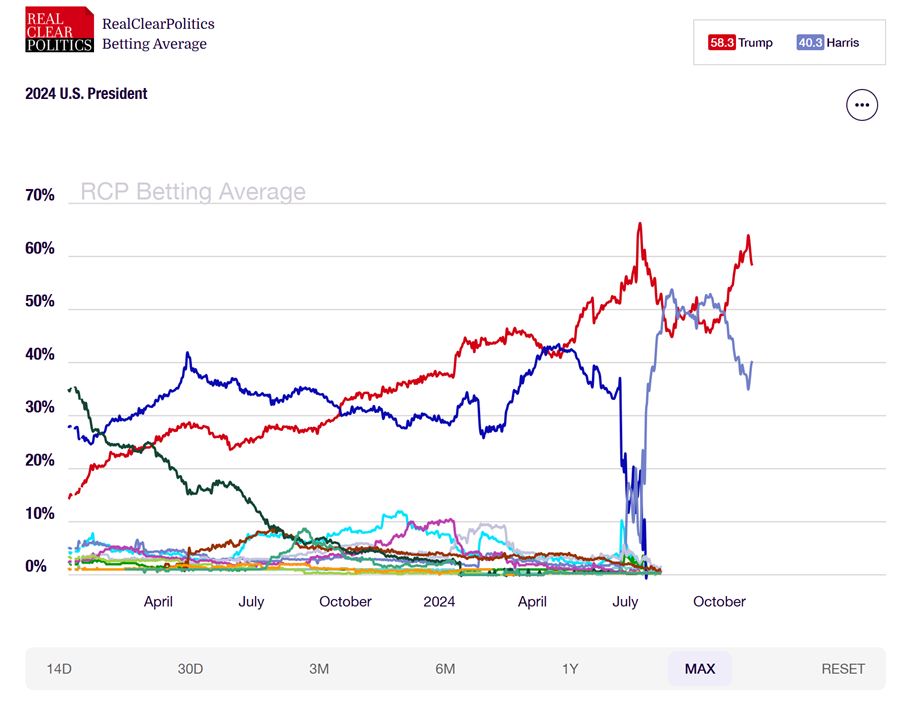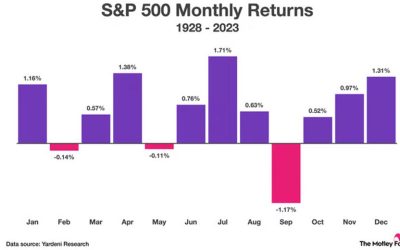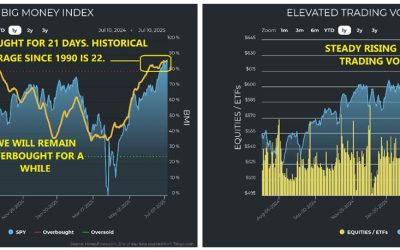by Jason Bodner
November 5, 2024
We’re down to the wire.
The election is over today (we hope). You can complain all you want about the outcome on one condition: you vote! The U.S. is well known for loud opinions but is notoriously bad about participating in the vote.
In fact, the United States has been ranked 139th out of 172 countries in voter participation. The 2020 election was much better than average, as the Biden forces got out the vote. In 2020, the U.S. was ranked #31 in voter turnout with 62.8% — just behind Greece (63.5%) and just ahead of Colombia (62.5%).
Some other interesting election facts: Most nations hold elections on weekends, so you don’t have to miss work. And George Washington blew his entire campaign budget – 50 British pounds – on 160 gallons of liquor, given to 390 potential voters. This had been a tradition in England, then transported to Virginia.
Talk about buying an election!
Whether the final results drag out for weeks, or the final results are clear by midnight, the winner will be known soon. But for now, the race is tight, with Harris recently picking up swing states like Michigan in the latest polls. I used to monitor Nate Silver’s fivethirtyeight.com as a resource for objective data-driven analysis of the polls, yet he got it wrong in 2016 and was surprised, like most were, when Trump won.
That’s why I prefer to turn to the betting markets to see what their expected outcome is. Real money seems more reliable than conflicting and somewhat biased polling techniques from one side or the other.
With many polls showing Harris leading, Trump was quietly the betting favorite by a mile – that is, until just a few days ago. He is still favored to win, at 58.3%, but that is down notably from the high of nearly 64% just last week. The sudden fall from the high reflects Harris’s recent strength in three swing states.
Graphs are for illustrative and discussion purposes only. Please read important disclosures at the end of this commentary.
If the odds tighten and the outcome becomes less certain, it will be no surprise that the stock market keeps gyrating. October volatility may extend to November, hastened by earnings surprises, both good and bad.
Novembers, during election years since 1998, have not delivered any meaningful gains, as the left chart below shows. In fact, we’re more likely to see small losses than major gains in the coming 2-3 weeks, but returns over the following month and following year can be quite rewarding, in all three major indexes:
The post 11-5-24: Don’t Expect Any Big Market Moves Right After the Election appeared first on Navellier.







